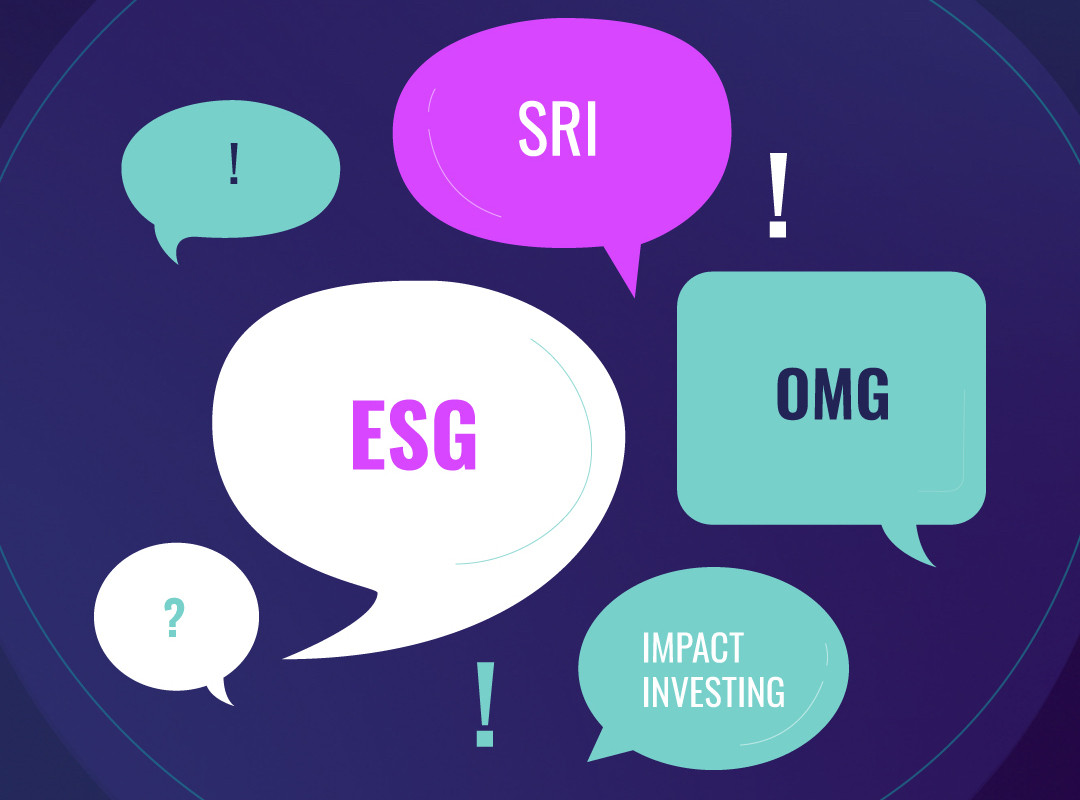 Back to Learn page
Back to Learn page

Why Are Students Pushing Universities To Divest?
I arrived at Harvard as a first-year student in the fall of 2018. I was passionate about climate justice even as an incoming freshman. So you can imagine my surprise when I found out that my own university was also a corporation actively investing in the destruction of the homes of me and my peers, and the future of our society.
This is not hyperbole. Harvard is governed by the Harvard Corporation, which manages a $52 billion endowment fund that up until recently included holdings in the fossil fuel companies driving the climate crisis.
Like me, many students enter college with little to no idea of what endowments are or just how vast a social and political impact universities have through them. Endowments are large pots of money that universities invest to generate income. They are set up to ensure the financial future of a university and enable it to provide for generations of students, faculty, and community members to come. But when invested in fossil fuel companies, the only futures these funds safeguard effectively are those of the extractive industries wrecking our planet, as well as the vested interests behind them.
Divestment, or the act of removing one’s investment, works to change that paradigm. It helps transform endowments from instruments of corporate finance into reflections of the needs, interests, and concerns of the university and broader community. Simply put, an institution of higher education cannot realize its espoused commitments to climate action, social justice, and preparing young people to be tomorrow’s leaders while investing in a status quo that prevents this from happening.
Prestigious and wealthy universities have a unique responsibility to be leaders in divestment, and some have taken steps towards doing so. Harvard finally moved to divest in fall 2021 after years of tireless student organizing and massive public pressure. But other well-known universities, like Stanford, have yet to divest.
Fossil fuel investments and other ties to the fossil fuel industry also create an inherent conflict of interest that jeopardizes universities’ core academic and research missions. Consider, for instance, how many universities continue to accept vast sums of fossil fuel funding for climate change-related research, despite a well-documented pattern of distorted research outcomes resulting from funding by companies with an oppositional agenda. No major fossil fuel company is truly aligned with the demands of climate science or justice. Many continue to launch concerted campaigns spreading climate misinformation and opposing climate action. So it is clear that the industry cannot be a trustworthy partner in the production of public knowledge and ultimately, policy, on climate. By allowing fossil fuel companies to use their credibility — whether through investments that sustain these companies’ core business model or research partnerships that bolster their greenwashing — universities make themselves complicit in climate breakdown and undermine their own potential for urgently-needed climate leadership.
Already, asset managers controlling nearly $40 trillion worth of funds have pledged to divest from fossil fuels because they recognize the need to align their financial practices with their principles. They also recognize the overwhelming evidence that divestment works. And they know that without taking a bold stance against fossil fuels and other industries undermining our sustainable future, they’ll lose the chance to have young people like myself as potential customers, employees, supporters, and so on. Regardless of the reason, the choice to divest must be applauded. But to truly lead on climate, institutions like Harvard must take the next step of severing remaining fossil fuel industry ties, by doing things like banning fossil fuel research money and recruitment on campus, or reinvesting in community-based and renewable energy solutions.
Still, some asset managers and fund trustees (unsurprisingly, some with personal ties to the fossil fuel industry) continue to make the same tired and bad faith arguments about the value of engaging with the fossil fuel industry as shareholders. We know that such engagement does not work when the core business model is the problem. And it cannot work when the fossil fuel industry makes it abundantly clear that it’s unwilling to let this model go so long as any potential profit remains — no matter the cost to the environment or human life. That is why young people must continue leading the way in calling for total divestment. It is not an option but the only option for moneyed institutions to play a positive role in combating climate change.
Actions and dollars, too, speak louder than words. Ending fossil fuel finance and other forms of social license-giving to the fossil fuel industry is vital for remaking our energy and economic systems in favor of people and the planet. The case is as strong as ever: with Russia’s war on Ukraine making the instability of a global fossil fuel economy uniquely clear, we need to push our institutions to be champions of this remaking, instead of dragging their heels.
∙ ∙ ∙
The views expressed are those of the author at the time of writing, are not necessarily those of the firm as a whole and may be subject to change. The information contained in this advertisement is for informational purposes and should not be regarded as an offer to sell or a solicitation of an offer to buy any. It does not constitute a recommendation or consider the particular investment objectives, financial conditions, or needs of specific investors. Investing involves risk, including the loss of principal. Past performance is not indicative or a guarantee of future performance. We do not provide tax, accounting, or legal advice to our clients, and all investors are advised to consult with their tax, accounting, or legal advisers regarding any potential investment. The information and any opinions contained in this advertisement have been obtained from sources that we consider reliable, but we do not represent such information and opinions are accurate or complete, and thus should not be relied upon as such. This is particularly true during periods of rapidly changing market conditions. Securities offered through Fennel Financials, LLC. Member FINRA SIPC.

Expand your knowledge further

Greenwashing is a superficial and sometimes misleading way companies claim sustainability.

What does impact investing look like in practice?

Want to invest in bonds while having a positive impact on the world?

A growing number of future business leaders are learning about sustainability in their MBA programs.

The 17 SDGs represent aspirational goals that span a range of economic and societal issues, with the intention of providing a better future for all.

The EU has recently unveiled some strict rules against greenwashing.

Over the past few years, plenty of companies have pledged to hit net zero carbon emissions by some far off date. But we’re already starting to see some companies backtrack on these promises.

Some investors have a hypothesis that ESG investments generate stronger, more sustainable returns over the long term.

There are a lot of terms used in the world of impact investing, what do they all mean?

More people are paying attention to socially responsible investing.
Take back the power of your investment
